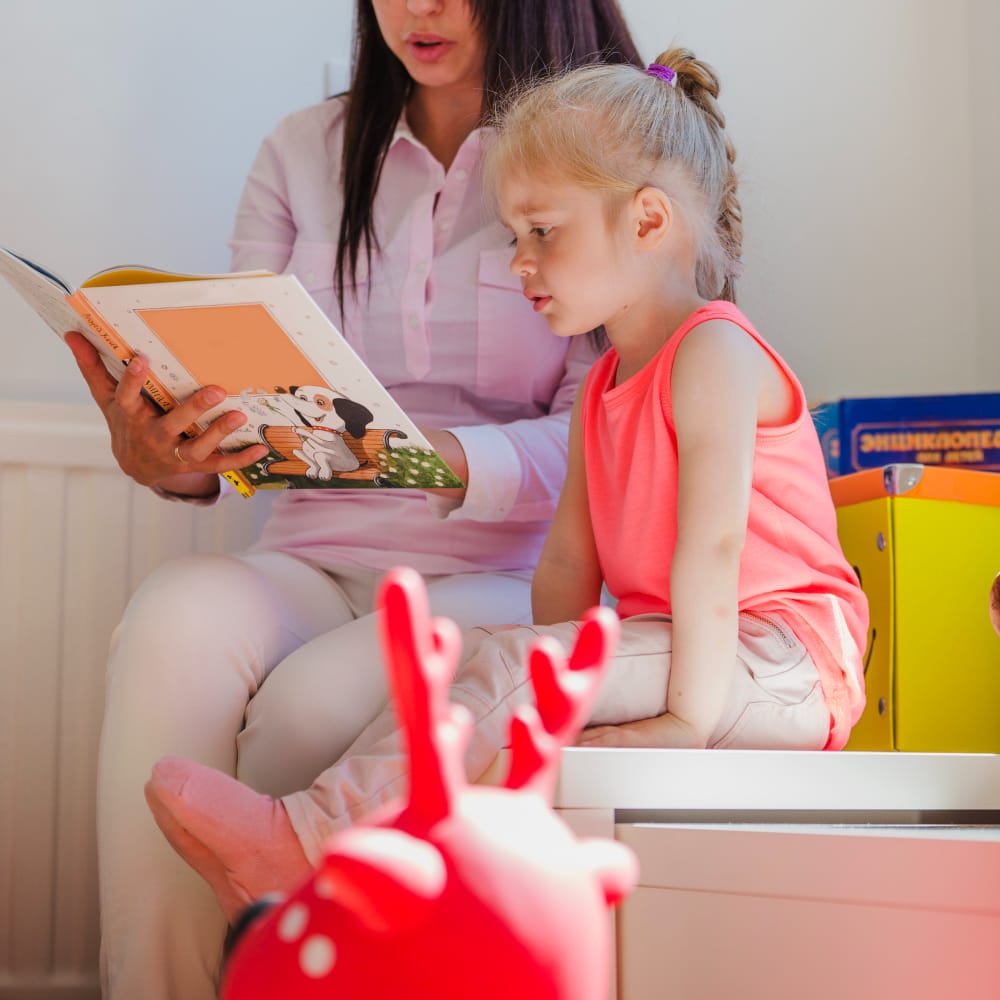Good behaviours are more likely to occur again when followed by a reward. While rewards aren’t always necessary, they can encourage your child, increase their self-esteem and improve your relationship with your child.
But what type of reward do you give your child? Recent studies have shown that offering toys or candy as rewards may be counterproductive, causing children to be spoiled or only react when there is something materialistic to gain. So, what are some non-materialistic rewards that work well to award children?
Ideas for non-materialistic rewards
Ideally, we want to teach children to be intrinsically motivated and not simply wait for the next toy or treat. We also don’t want them to always expect a toy for every job well done. Therefore, it is important to always have a few non-materialistic rewards ideas in mind. Here are a few of them:
- Taking part in fun activities
Giving your child extra time to enjoy a special activity can be a great reward. These activities can include playing their favourite game, going to the park or a trip to the beach.
- Verbal encouragement
Encourage your child to be proud of themselves. You can say things like, “wow, you’ve worked hard and done such a good job”, or “you can be so proud of yourself – you’ve done so well!” This kind of intrinsic motivation can make a huge impact on your child’s motivation in the long run.
- Showing affection
If your child loves showing and receiving affection, you can give an extra hug, kiss, high five, or pat on the back to show your appreciation.
- Giving a special privilege
Allowing your child to do something special like choosing what to watch for movie night, decorating the dinner table or choosing dessert is a great way to make them feel appreciated.
- Simply spending time together
Your child wants nothing more than your undivided attention. So, you can reward good behaviour by spending extra quality time with your child, simply listening, playing or talking together.
- Moving bedtime out
This may not always be a good idea, but it can work over weekends. You can move bedtime by up to 30 minutes to allow your little one some extra time to play or watch a movie.
Simplify life by moving away from materialistic rewards
As you can see, there are many ways you can positively reinforce your child’s good behaviour. As adults, we sometimes tend to make life much more complicated than it has to be. We need to simplify our lives and that of our children. This means, moving away from materialistic things and investing more in quality time. So, the next time your child exhibits great behaviour, see how you can reward them in a non-materialistic way.




